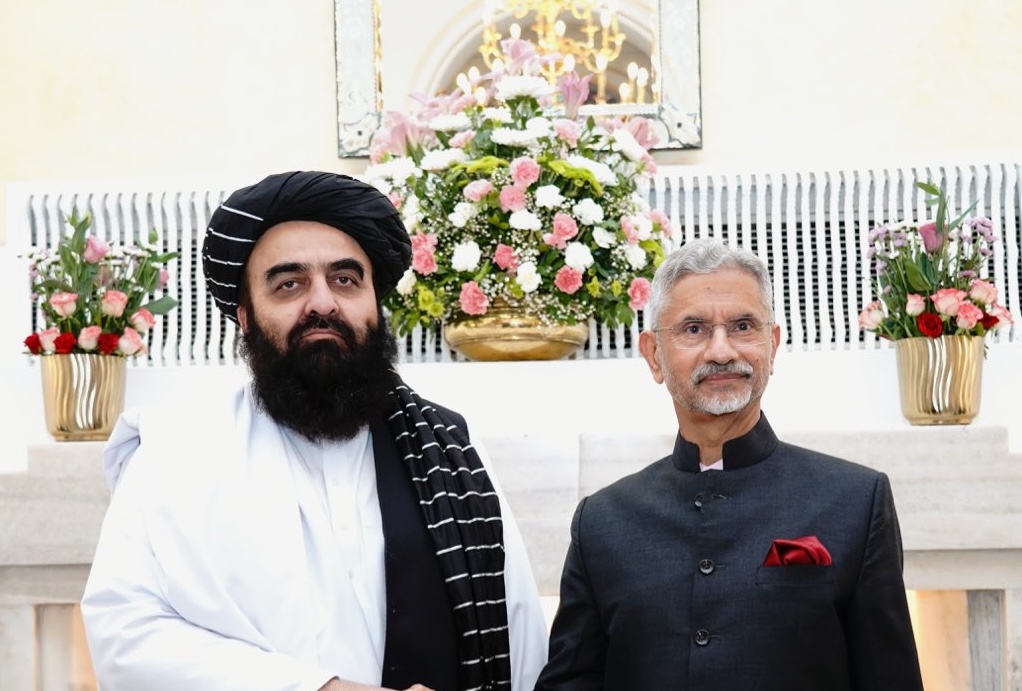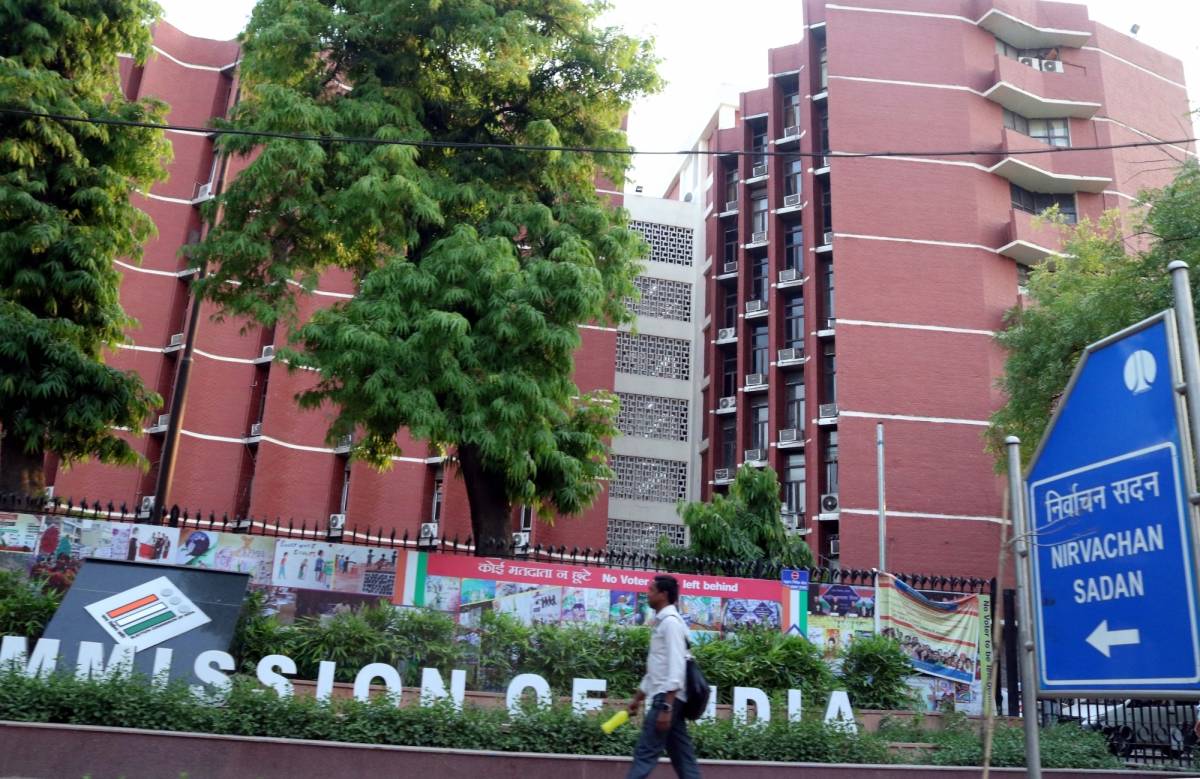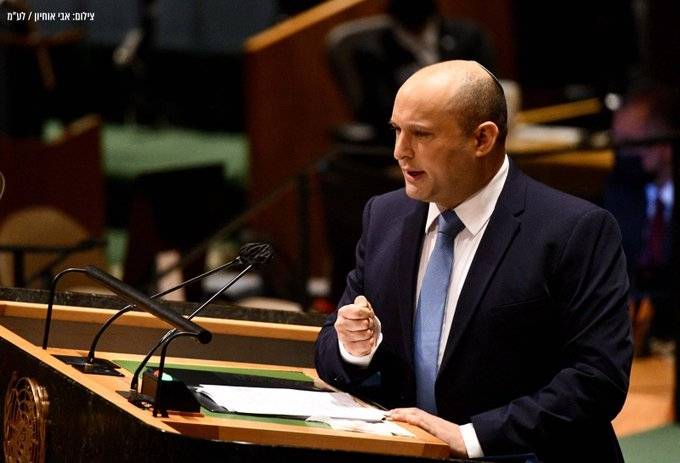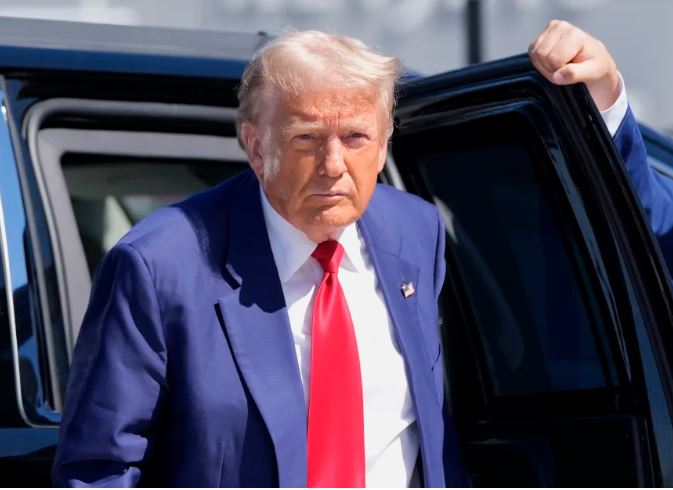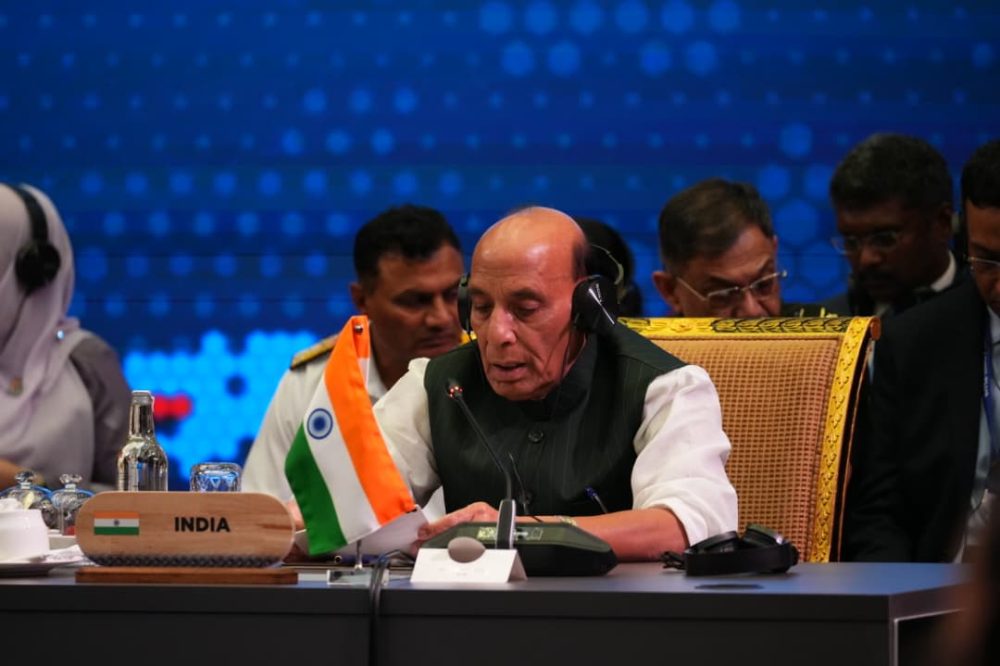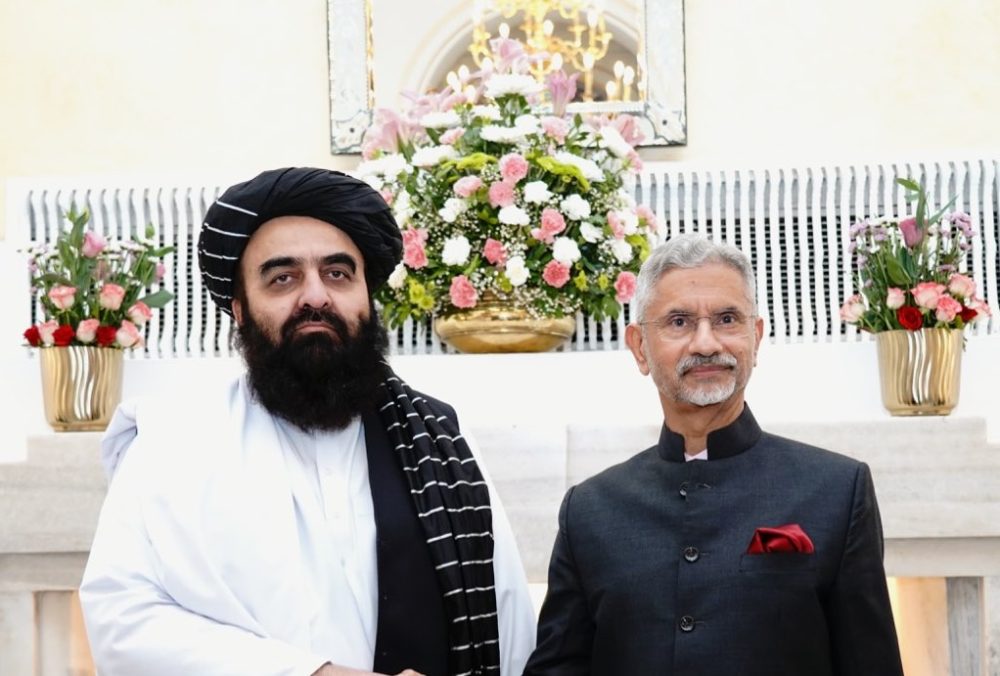There is a growing realisation that health security impacts every tenet of social life – be it economy, employment, education, environment, entertainment, writes Krishna Reddy Nallamalla
Another momentous year is coming to an end. Delta variant struck India in mid- February. Four lakh cases per day were being reported in mid-May. It left a trail of human misery and destruction. No one anticipated and was prepared for the type of surge that the country witnessed.
As we near the end of the year, India has reported 35 million positive cases and nearly 5,00,000 deaths over the two years of Covid pandemic. As per the last seroprevalence study, there were 40 asymptomatic infections for every reported positive case. An attempt is being made to arrive at true Covid deaths for every State from death registries. As the country started heaving a sigh of relief with daily positive cases dropping below 10,000, the news of Omicron raised the specter of a third wave.
India reached the milestone of fully vaccinating 50 per cent of the adult (18 years and above) population in December in less than 1 year of starting the vaccination drive. More than 80 per cent of the adult population received their first dose. Two indigenous vaccines have been tested in children. Export of vaccines has been reinitiated to honour India’s commitment to other countries. Decision on vaccines for children and booster dose is expected before the year-end. The year saw a remarkable turnaround in access to personal protection equipment, Covid tests, oxygen and ventilator beds, and essential drugs. These are testimony to India’s resilience in times of crises. They demonstrate a people who learnt to be innovative when faced with adversity. A combination of robust public R&D institutions along with dynamic private enterprise has been responsible for the above.
Governments at the Center and the states struggled with hard choices between lives and livelihoods. The year saw a pragmatic balance in various decisions. Few policy decisions standout this year in the context of health systems in general and Covid in particular. Pradhan Mantri Ayushman Bharat Health Infrastructure Mission (PM-ABHIM) with an outlay of Rs 64,180 crores over 5-years is announced to strengthen public health infrastructure especially in the areas of critical care, disease surveillance systems, and combating health emergencies. Ayushman Bharat Digital Mission (ABDM) is launched to leverage digital technologies to strengthen the health information system through a well-designed digital health blueprint. Production linked incentive (PLI) schemes have been announced in pharma, medical devices, and digital technologies towards self-reliance and future resilience during unexpected crises.
There is a growing realisation that health security impacts every tenet of social life – be it economy, employment, education, environment, entertainment. Today, health security assumes more importance than that of even national security. The concept of health is being expanded to include every living being (One Health) and every non-living being (One Earth) as pandemics and climate change crises do not differentiate. Covid brought out the criticality of social, food and financial security during a pandemic. Direct benefit transfer (DBT) has been increasingly used to deliver various social and financial benefits to the intended beneficiaries during the year. Mahatma Gandhi National Rural Employment Guarantee Act (MGNREGA) has been put to use to help migrant laborers. Food rations provided needed food security to many. The investments India has been making in various social benefit schemes over the last many years have come handy when needed during the pandemic. Investments in digital technologies have improved the efficiency of delivering these benefits. In the absence of well-studied evidence, it is not clear as to the impact of Covid on core social issues of food, job, housing, education and health.
The year ahead
Omicron has suddenly brought in an uncertain year ahead. Given its transmission ability, third wave looks inevitable. We may not prevent it, but we can definitely reduce the surge through responsible people’s behaviour and nimble policy directives. Omicron is not the last variant. The world will continue to encounter new variants. What can India do given the above reality?
Leverage the available vaccines
There is enough evidence that vaccines in children and boosters are beneficial. However, the policy decision is to balance between the demand for vaccinating the unvaccinated including children, boosting the most vulnerable and if needed all, honouring the global commitments and the supply of vaccines. We have witnessed the limitation of targeted vaccines. We have to continue to invest in new vaccine development towards a vaccine that is effective against multiple variants.
Easy access to tests
There should be continuing efforts in bringing out easy to use, low cost and reliable tests. These will enable people to test themselves and self-isolate if found positive.
Affordable oral antiviral drugs
Vaccines alone are not sufficient to face the pandemic. We need safe and effective oral antiviral drugs that act in a way that they are effective against multiple variants. We need to put in place a way to generate dynamic evidence to enable approval of these drugs without compromising on the scientific rigor expected. It is equally important to ensure that these drugs are made available to all people.
Leverage digital and molecular tech
India should push its ambitious digital health mission to strengthen disease surveillance across the country. Healthcare providers (doctors, hospitals, labs, pharmacies etc.,), public health workers, and health insurance managers should be mandated to adopt interoperable health data systems. Data privacy and security laws have to be passed to facilitate data sharing.
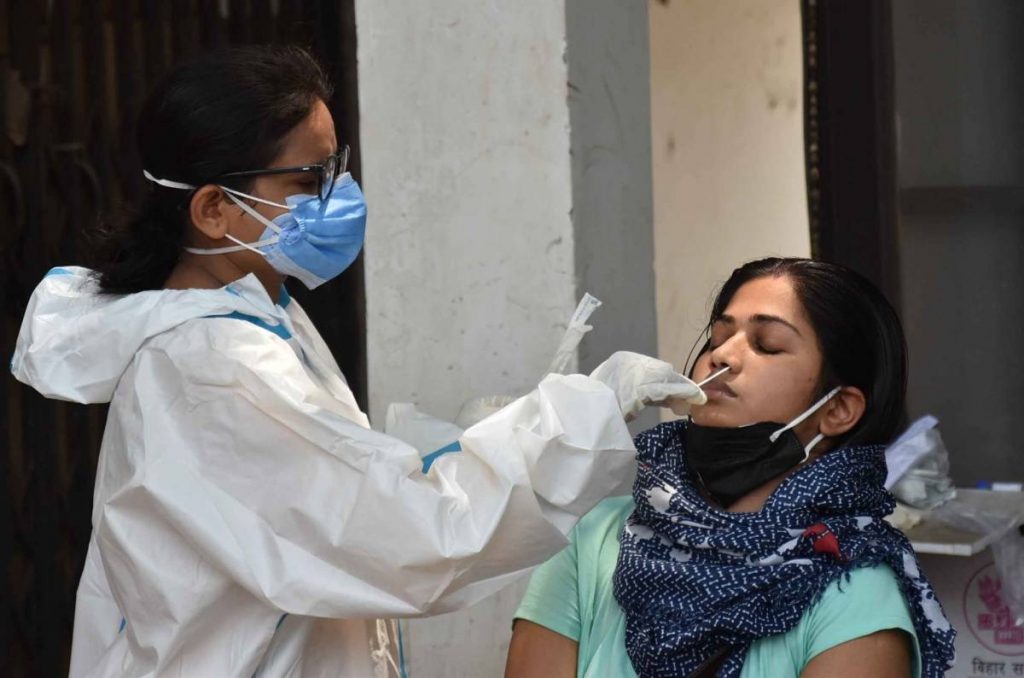
India should invest more in genomic surveillance to be able to alert when a new variant of concern is noticed. Artificial intelligence is best suited to analyze vast amounts of health and related data to provide live dashboards on any suspicious emergence of a new pathogen or variant.
Universal Health Coverage
While PM-JAY is designed to cover 500 million poor people, there are many more millions (the so-called missing middle) who are vulnerable to impoverishing health expenses. They should be brought under financial protection without further delay. In parallel to UHC, India needs to invest in its healthcare provider system so that people living in villages and small towns have timely access to high quality primary care and acute care. While it is easy to create infrastructure, India should find a way to increase health workforce with needed competencies to meet the growing needs of its people. Ayushman Bharat program that encompasses health & wellness clinics to strengthen primary health care, PM-JAY to offer financial protection to as many people who need, ABDM to leverage digital technologies in transforming our health systems, and ABHIM to strengthen health infrastructure needs to be given the maximum funding and political support for it to be impactful.
Social protection
Covid has clearly demonstrated the social cost of the pandemic. No one should go hungry because they lost their jobs. No one should be sleeping on roads because they can’t afford decent housing. No one should sell their meagre assets to survive. No child should leave their education because they can’t afford it.
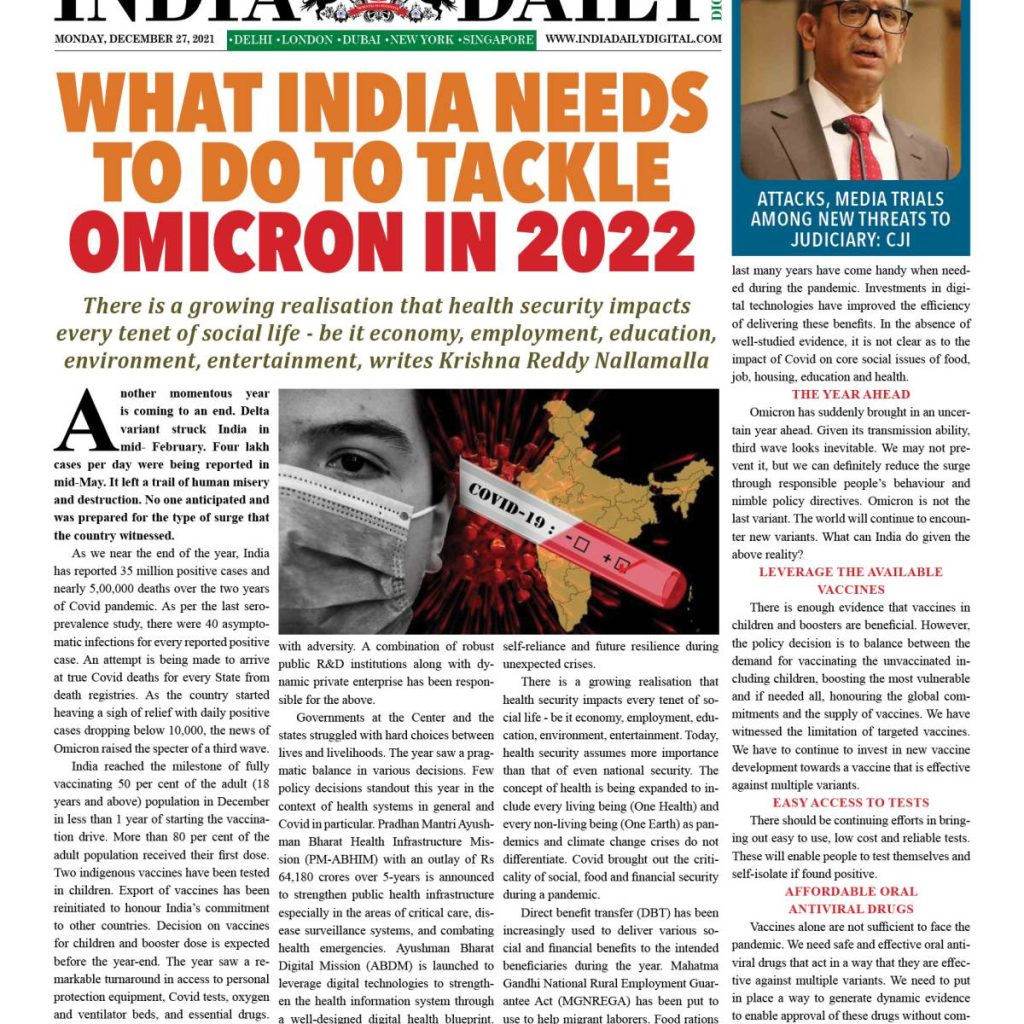
It needs that India should have a system of knowing its people and their socio-economic conditions to transfer the benefits directly to them. The fruits of green revolution be used to feed millions during the times of need. Crores of jandhan accounts be used to transfer monetary support. The best way to provide social protection is to create more jobs. Technological advances drive efficiency. However, they also have the risk of stealing jobs. There should be a fine balance between efficiency and redundancy needed for resilience.
Best supply chains
We have experienced the helplessness of supply chain disruptions during the pandemic. India has taken sound policy decisions to support indigenous capacity and capability through PLI schemes. It should create emergency national stockpiles of essential drugs and tests.
Global response systems
India should play a responsible role in strengthening WHO. It should press for intellectual property waivers on critical drugs and vaccines. It should honor its commitments to other countries in accessing drugs and vaccines. Global collaboration and response is essential to face global problems like pandemics and climate change.
To learn from the pandemic
India should invest in taking stock of various lessons that the pandemic has thrown at us. It should learn from other countries and it should share its experiences with others. It should enable its states to learn from each other.
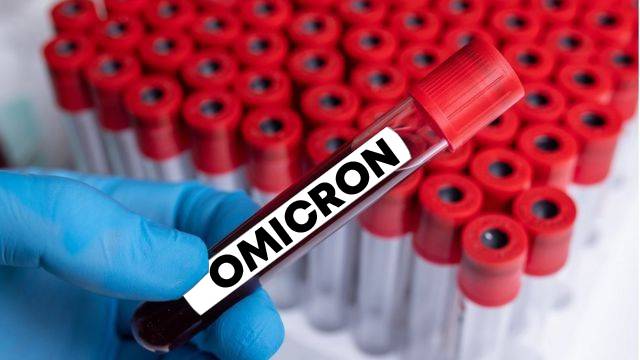
There should be collaborative learning between public and private health sector players. Innovations that arose in response to the pandemic should be nurtured to become new normal. It should put a pandemic preventive program in place. Threats from zoonotic viruses and microbes should be analyzed and mitigated.
India should enter the new year with a resolve to turn adversity into opportunity, weakness into strength, and fragility into resilience.
(Dr Krishna Prasad Nallamalla is the Regional Director, South Asia, of the non-profit global think tank, ACCESS Health International)
ALSO READ-Relook needed at responses to Covid-19




